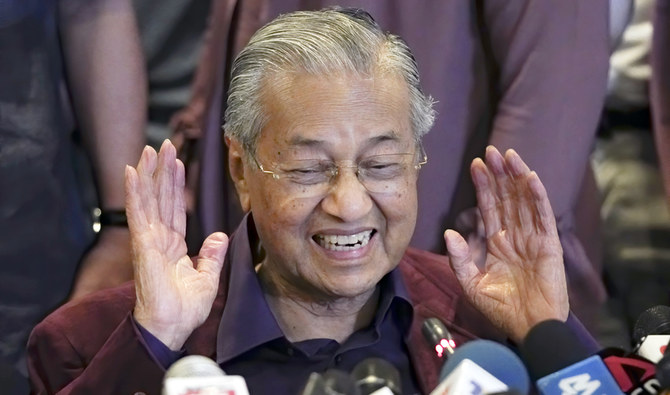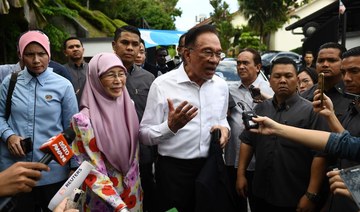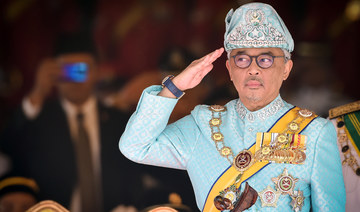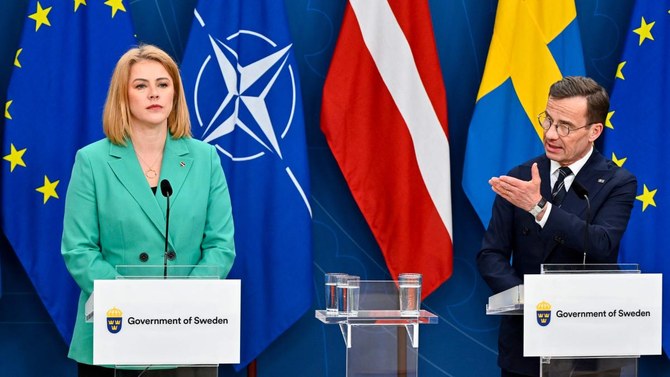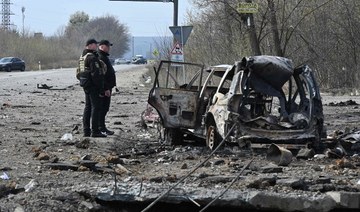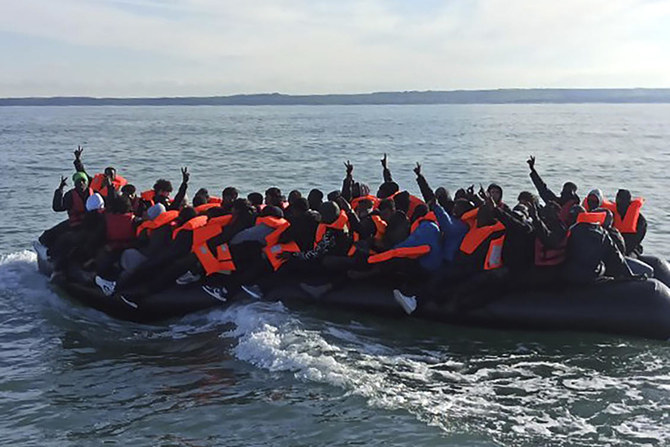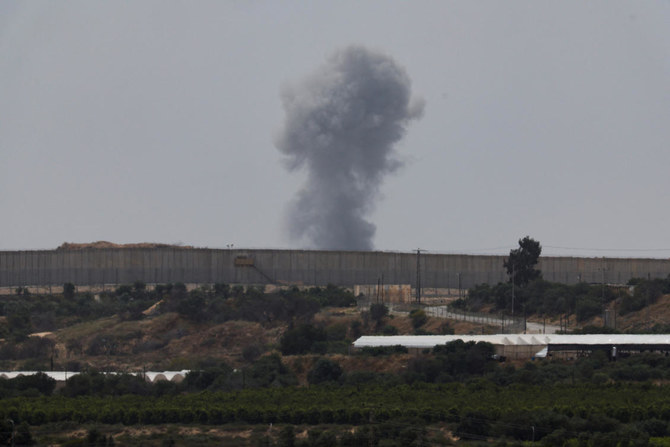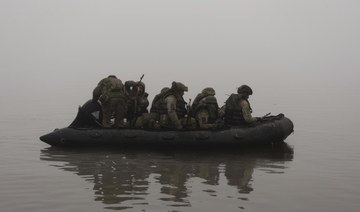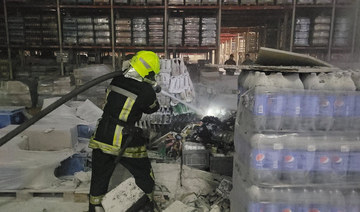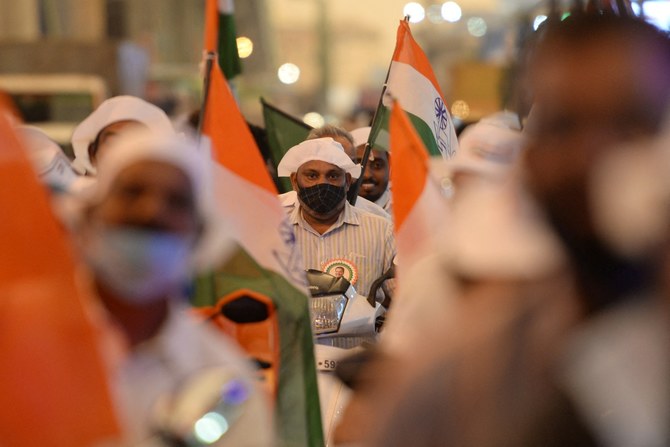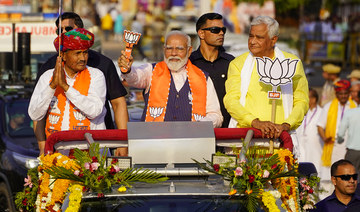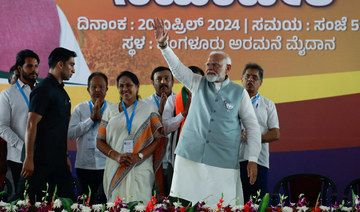KUALA LUMPUR: In an unprecedented address broadcast live to the public on Wednesday, Malaysia’s interim Prime Minister Mahathir Mohamad confirmed that he would try to form a nonpartisan administration.
“I think right or wrong, politics and political parties need to be put aside for now. If it is possible, I will try to establish a government that does not favor any party. Only the interests of the nation will take precedence,” he said in his first public comments since the Pakatan Harapan (PH) government collapsed on Monday, following his resignation as prime minister — although he remains the country’s acting leader.
He added that politicians and political parties “are too political” — so much that they had forgotten about the health and economic issues threatening the country.
In light of the recent coronavirus outbreak and the severe economic aftershocks faced by the country due to its ongoing political drama, the Malaysian leader also conveyed his apologies to the public for resigning in haste.
“I apologize to all Malaysians for the country’s political turmoil that may cause anxiety,” the 94-year-old said. “As a normal human being, I am not alone in making mistakes. I apologize if my resignation was wrong.”
Mahathir quit the top job in Putrajaya and the Malaysian United Indigenous Party (BERSATU) on Monday, following political maneuvers by certain factions within the alliance and amid accusations of a power grab by some.
“I resigned because I didn’t see the power and the position as the be all and end all — as my goal. For me, that power and position is a means to an end or a tool to achieve an objective. And our objective is the good of the nation,” Mahathir said.
The Peoples Justice Party (PKR) tried to consolidate power with an opposition party bloc, including the United Malays National Organization (UMNO), to form a “backdoor government” on Sunday. The plan failed because they did not get Mahathir’s backing after he realized the UMNO would be part of the coalition.
UMNO, a Malay-based party, has been in power for the past 61 years, and critics say it has openly embraced cronyism and race-based politics. The billion-dollar 1MDB scandal involving UMNO’s former president, Najib Razak, led to the PH party, under Mahathir and Anwar Ibrahim, winning the 2018 elections.
“I can accept UMNO members who leave UMNO and join other parties. But UMNO will join this unity government and treat it as the UMNO Party. This is unacceptable to me. That drove my decision to resign,” explained Mahathir.
Malaysian head of state Sultan Abdullah Ri’ayatuddin Al-Mustafa Billah Shah subsequently appointed Mahathir as the interim prime minister on Monday, while the country was in the process of transition.
Professor James Chin, a political analyst at Tasmania University’s Asia Institute, told Arab News that Mahathir is trying to put together a balanced coalition.
“He wants individuals, not parties,” said Chin. “If Mahathir gets his way to form a unity government, there will be no specific ideology, so that all sides are represented.”
Adib Zalkapli, director of political consultancy firm BowerGroupAsia, told Arab News that Mahathir’s agenda for the unity government is unrealistic.
“Some of the parties are ideologically different. UMNO, for example, is defined by its opposition to the Democratic Action Party’s (DAP) ideology of Malaysian Malaysia,” he said. “They cannot be in the same coalition.”
The king will interview MPs to assess who might get majority support as prime minister — or whether a general election is needed.
The PH party told reporters on Wednesday that they have chosen PKR president Anwar Ibrahim as the “prime ministerial candidate for the Alliance government.” Other parties, including Gabungan Parti Sarawak (GPS) from Borneo, are backing Mahathir, while opposition parties such as the UMNO have pushed for a snap election.
“The statement by the Alliance showed they want the king to decide, which means the Alliance did not get a deal with Mahathir,” Chin said, adding that it would be a major challenge to the 60-year-old king, as he is “young and untested.”
“The Mahathir-Anwar partnership has collapsed. Nobody knows who has the support of the majority of the MPs. It’s up to the king now to end the uncertainty,” Zalkapli said. “His Majesty may decide based on who will likely form the most stable government.”



